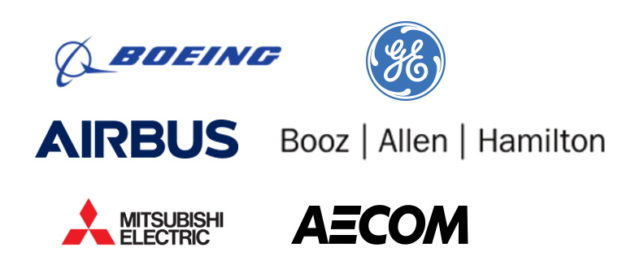Organization Trends
Divest from the War Machine and Radical ESG Activism
 Defense contractors targeted by CODEPINK.
Defense contractors targeted by CODEPINK.

Divestment—signaling one’s displeasure with a particular corporation or fund by selling one’s investment in it—can be employed for multiple reasons. For retail investors or funds with specific investment criteria, it serves as a method of aligning equity holdings with the investor’s personal values or the fund’s prospectus. These are individual decisions, and any concomitant sociopolitical impact or financial risk is localized to informed and consenting investors.
But divestment can also be a tool of corporate environmental, social, and governance (ESG) activism. Public pressure campaigns may seek to bully large institutional investors (mutual funds, pension funds, university endowments, and similar) into conforming to the activist’s subjective ESG criteria. In doing so, these activists disregard the views of other investors and beneficiaries who may feel differently, as well as any negative financial impacts that might result from such activism.
Divest from the War Machine
At its most extreme, public divestment campaigns can even seek to alter governmental policy and global geopolitics. Case in point, a campaign called Divest from the War Machine aims to pressure “universities, religious organizations, individual investors, retirement funds, mutual funds, and other financial institutions” into divesting from a host of corporations that it sees as (harmfully) furthering America’s “preoccupation with expanding and protecting its military and economic interests.”
Its list of offending companies is extensive. The only two major commercial aircraft manufacturers in the world—Airbus and Boeing—are off limits. So is iconic American conglomerate General Electric. Major consulting firm Booz Allen Hamilton, Japanese electronics manufacturer Mitsubishi Electric, and architectural engineering giant AECOM are also listed. The large majority of targeted companies are based in NATO countries or major non-NATO allies of the U.S.
Importantly, Divest from the War Machine goes beyond simply providing its list as a resource for ESG investors who share its vision of a disarmed and demilitarized West: It actively attempts to foist the consequences of that vision upon as many Americans as possible. It has attacked the investments of CalPERS and CalSTRS, two of the largest public pension funds in the country. BlackRock, the world’s largest investment manager, has been a particular target, including for its investments in producers of less-lethal weapons. The campaign even seeks to end an internship program with Boeing available to Portland State University School of Business students.
Nonprofits Behind Divestment
Although Divest from the War Machine represents a coalition of organizations, it is actually a project of CODEPINK, a left-wing activist group well known for its opposition to American foreign policy and its support for authoritarian regimes in countries including Cuba, Venezuela, and Iran. CODEPINK is also a notable proponent of the Boycott, Divestment, and Sanctions (BDS) movement against Israel—another example of attempting to alter geopolitics through divestment, and one that is regularly criticized as crossing over into abject anti-Semitism.
CODEPINK operates as a 501(c)(3) nonprofit, reporting revenues of roughly $1.17 million in 2018 and $900,000 in 2019. One primary funder is the Benjamin Fund, a $25 million private foundation headed by CODEPINK co-founder Medea Benjamin. It has given over $850,000 to CODEPINK since 2016. Another major source of funding is the Goldman Sachs Philanthropy Fund, a donor-advised fund that provided $500,000 from 2017 to 2018.
A second organization behind Divest from the War Machine is As You Sow, another 501(c)(3) nonprofit and one of the major shareholder activist operations in the country. As You Sow specializes in filing ESG-based shareholder resolutions with publicly traded companies. It also publishes screeners that rate mutual funds based on the ESG characteristics of the underlying companies those funds are invested in. One such screener—a Weapon Free Funds tool—is employed by Divest from the War Machine on its website and was developed as a partnership between the two groups.
Donors to As You Sow in recent years have included Stephen M. Silberstein Foundation, the Roddenberry Foundation, the Park Foundation, and the Battery Foundation, which have together provided at least $2.1 million in combined grants since 2016. The Rockefeller Brothers Fund, whose board chair recently called for banks to stop lending to oil and gas companies, has also given $160,000 since 2015.
A Critical ESG Line
Divest from the War Machine and its constituent nonprofits exemplify a critical line that corporate ESG activism often crosses. Individual investors are free to invest or divest based on any subjective criteria that they wish, personally bearing the resultant consequences. But campaigns that seek to further a sociopolitical agenda through strong-arming institutional fiduciaries self-righteously disregard others with an interest in that institution—who may hold very different views, or simply feel that retirement accounts and university endowments are entirely inappropriate vehicles to engage in such activism.



